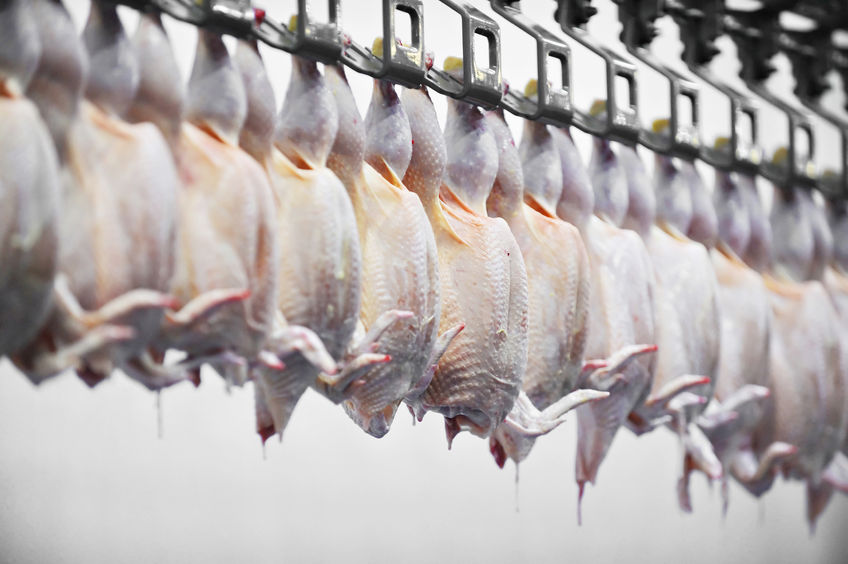
Conservative MP and former Brexit minister Steve Baker has said that the controversial practice of chlorine-washing chicken means "clean chicken".
In an interview with the BBC Radio 4's Today programme on Tuesday (2 October), Steve Baker, a leading figure of the pro-Brexit European Research Group, said chlorine-washed chicken was just “clean chicken”.
He said: "Nobody is proposing to reduce standards in the UK and I don’t think anyone believes that there is any kind of constituency in the UK for a reduction in food standards, but if you go over to the US and raise this issue of chlorinated chicken nobody knows what you’re talking about because it’s just not an issue ... in a sense what people are objecting to is clean chicken."
Chlorine-washed chicken is currently banned by the EU and UK farmers' leaders have been lobbying against accepting lower standard food imports in order to win trade deals.
But in the US, the government permits such practices, which consists of dipping meat into chlorinated water to prevent microbial contamination.
A number of ministers, including Defra Secretary Michael Gove, have insisted that the UK Government will seek to maintain farming standards in any negotiations.
International trade secretary Liam Fox, the Government Minister responsible for setting up new trade deals in the wake of Brexit, has previously expressed some support for controversial foods should as chlorinated chicken and hormone-injected beef - another long-running issue between the United States and the EU.
The Government has made clear that it is seeking to establish a series of free trade agreements with countries around the world ready for when the UK withdraws from the European Union in 2019.
However, a briefing paper in the House of Commons Library, has warned that agriculture can prove difficult in trade talks.
The authors of the document, 'Brexit: Agriculture and Trade,' said: "Agricultural issues can be a sticking point in trade negotiations. The interests of consumers and producers need to be balanced.
"Other issues, such as food security, differing approaches to ensuring food safety, animal welfare and environmental standards, are also likely to come into the equation. Agricultural interests may also have to be balanced against those of other industrial sectors."
